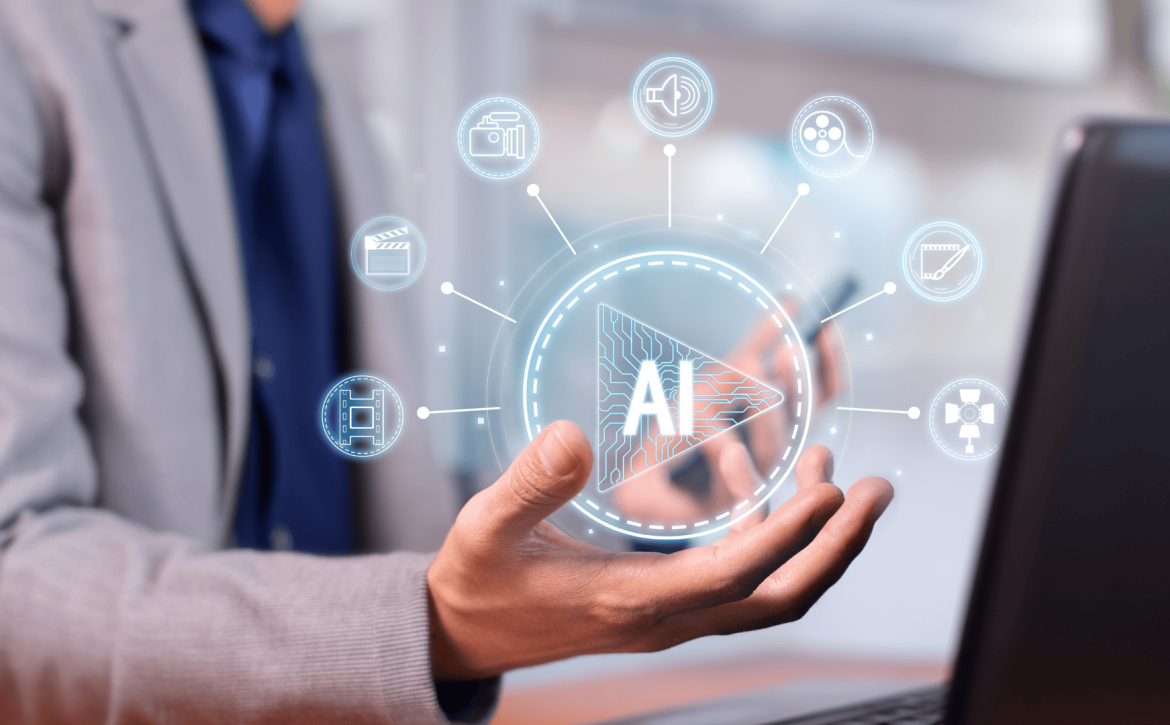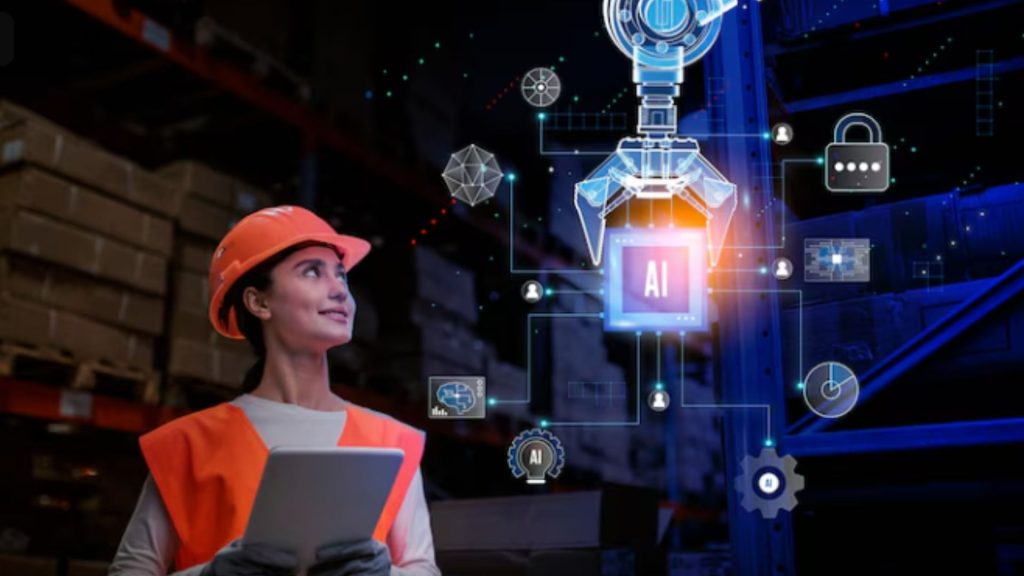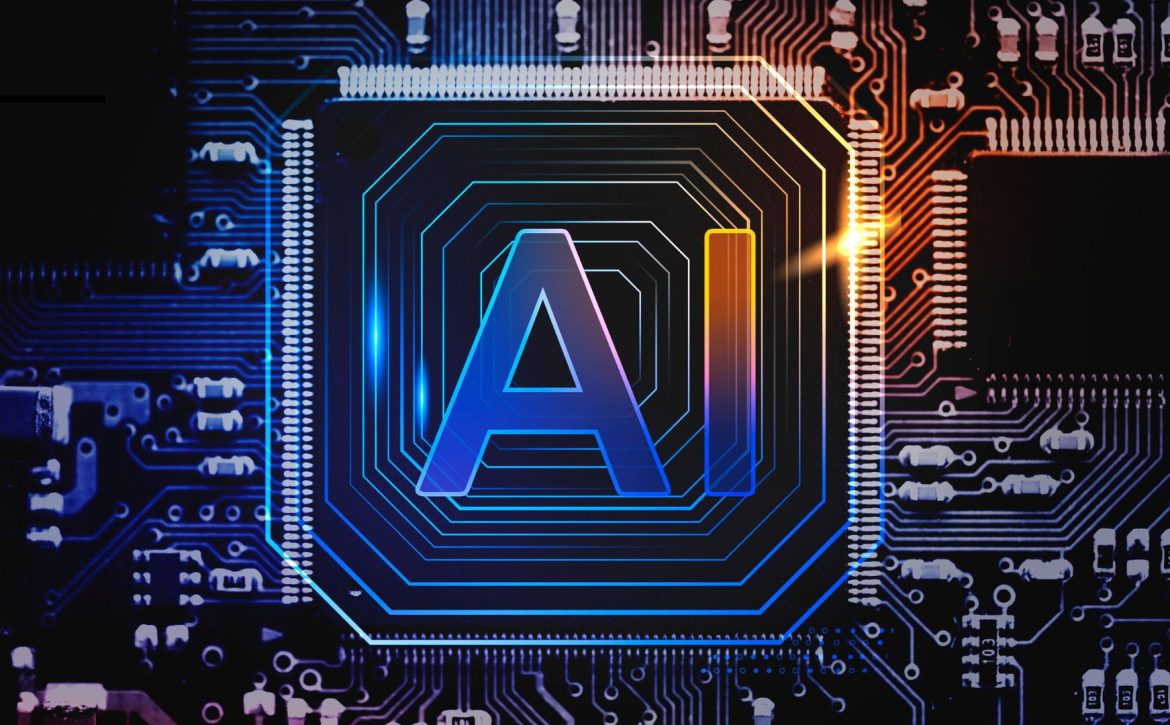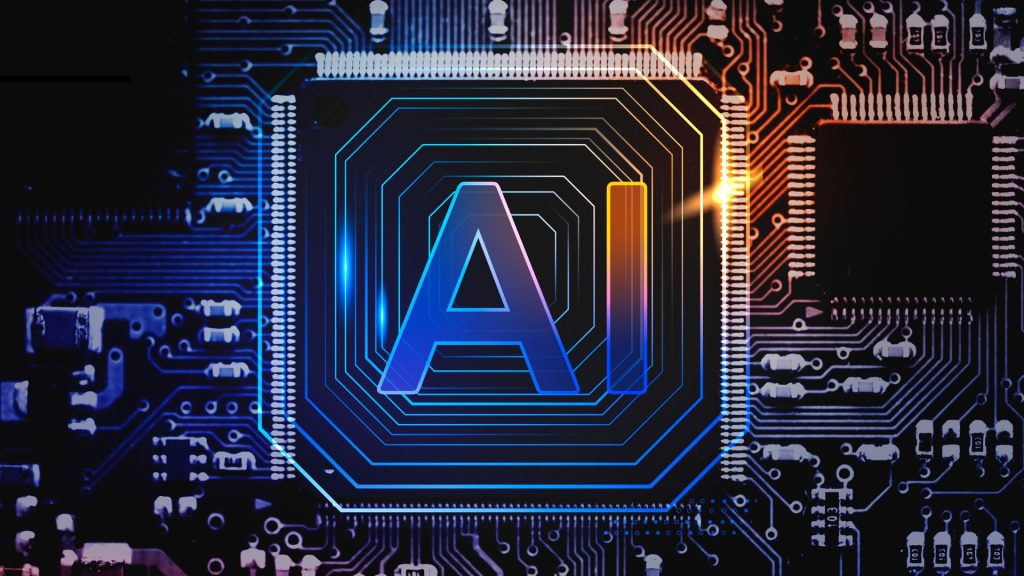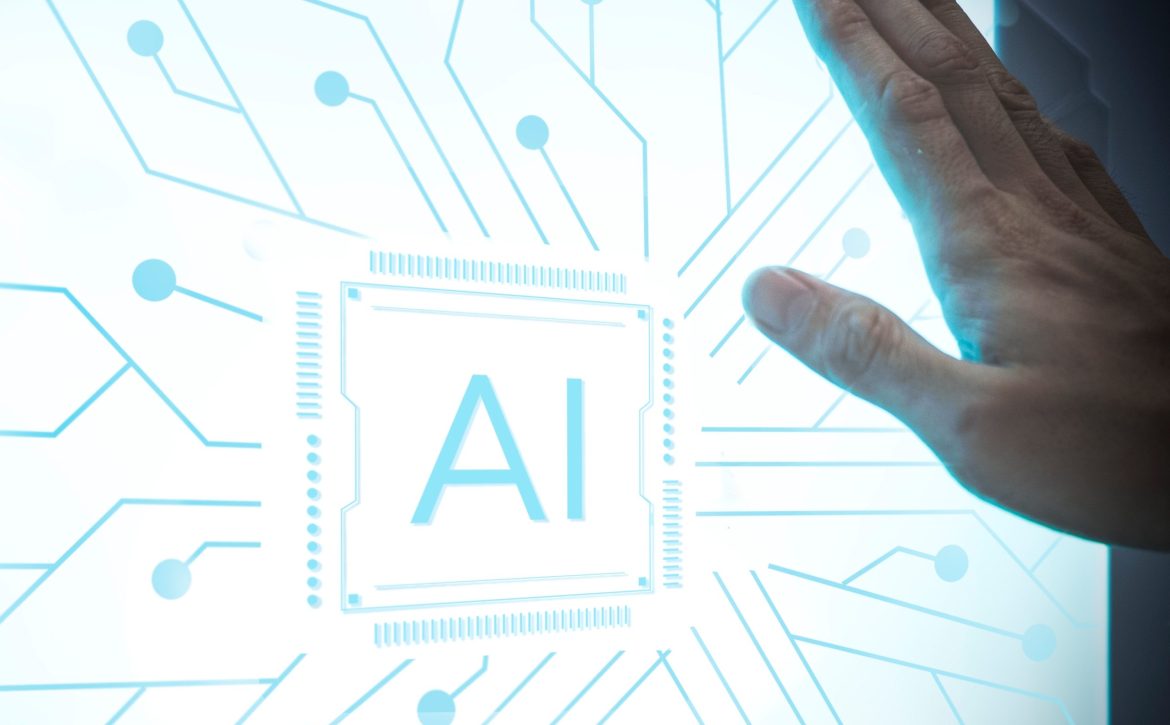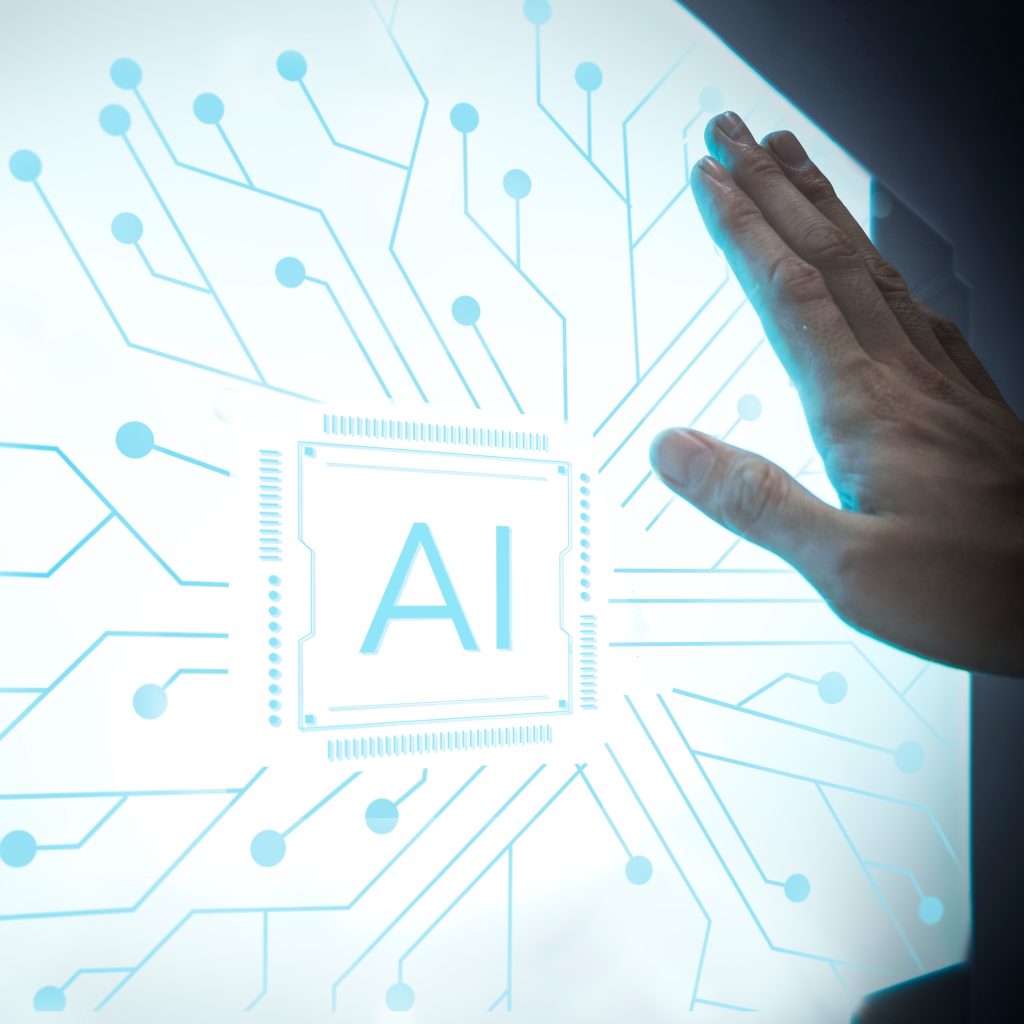AI for Small Businesses: Affordable Tools to Compete with Giants
AI for Small Businesses: Affordable Tools to Compete with Giants
In today’s fast-paced digital landscape, small businesses often find themselves at a disadvantage when competing with larger corporations. The sheer scale and resources of these giants can seem insurmountable. However, the democratization of artificial intelligence (AI) is leveling the playing field. No longer the exclusive domain of tech behemoths, AI is now accessible to businesses of all sizes, thanks to a plethora of affordable and user-friendly tools. This blog post explores how small businesses can leverage AI to enhance their operations, improve customer experiences, and ultimately, compete more effectively.
Understanding the AI Landscape for Small Businesses
AI, once a futuristic concept, is now a tangible reality for small businesses. It encompasses a range of technologies, including machine learning, natural language processing (NLP), and computer vision. These technologies can automate tasks, analyze data, and provide insights that were previously unattainable. For small businesses, this translates to increased efficiency, reduced costs, and enhanced decision-making.
- Machine Learning (ML): ML algorithms enable computers to learn from data without explicit programming. This allows businesses to predict trends, personalize customer experiences, and automate repetitive tasks.
- Natural Language Processing (NLP): NLP empowers computers to understand and process human language. This technology is crucial for chatbots, sentiment analysis, and automated customer service.
- Computer Vision: This branch of AI allows computers to interpret and understand visual data. It can be used for image recognition, quality control, and even customer behavior analysis.
Affordable AI Tools for Small Businesses
The key to successful AI adoption for small businesses lies in identifying affordable and accessible tools that align with specific needs. Here are some categories and examples:
Customer Service and Chatbots
Chatbots powered by NLP can handle routine customer inquiries, freeing up human agents for more complex issues. Tools like Dialogflow, ManyChat, and Tidio offer user-friendly interfaces for creating and deploying chatbots. AI-driven customer service platforms can analyze customer interactions to identify pain points and improve overall satisfaction.
Marketing and Sales
AI-powered marketing automation tools can personalize email campaigns, optimize ad spending, and predict customer behavior. Platforms like HubSpot, Mailchimp, and ActiveCampaign integrate AI features to enhance marketing efforts. CRM systems with AI capabilities can analyze sales data to identify leads, predict conversion rates, and optimize sales strategies.
Data Analysis and Business Intelligence
Cloud-based analytics platforms like Google Analytics and Tableau offer AI-driven insights into website traffic, customer behavior, and sales data. AI-powered data visualization tools can help small businesses identify trends and patterns that would otherwise go unnoticed.
Content Creation and SEO
AI writing tools can assist in generating content for blog posts, social media, and marketing materials. Tools like Jasper, Copy.ai, and Grammarly help enhance content quality and efficiency. AI SEO tools help to create better SEO strategies by analyzing keywords and suggesting improvements.
Operations and Productivity
AI-powered project management tools can automate task assignments, track progress, and identify potential bottlenecks. AI-driven accounting software can automate bookkeeping tasks, generate financial reports, and predict cash flow.
Implementing AI in Your Small Business: A Step-by-Step Guide
- Identify Your Business Needs
- Start Small and Focus
- Choose the Right Tools
- Train Your Team
- Monitor and Measure Results
- Focus on Data Quality
- Ethical Considerations
The Benefits of AI for Small Businesses
- Increased Efficiency
- Improved Customer Experience
- Data-Driven Decision-Making
- Cost Reduction
- Enhanced Competitiveness
The Future of AI in Small Business
The future of AI in small business is bright. As AI technology continues to evolve, it will become even more accessible and affordable. Small businesses that embrace AI will be well-positioned to thrive in the digital age.
- AI-Powered Personalization
- AI-Driven Automation
- AI for Predictive Analytics
- AI and the Internet of Things (IoT)
Conclusion: AI is no longer a luxury; it’s a necessity for small businesses that want to compete in today’s digital landscape. By embracing affordable AI tools and strategies, small businesses can enhance their operations, improve customer experiences, and ultimately, achieve sustainable growth. The future is now, and AI is the key to unlocking the full potential of your small business.
